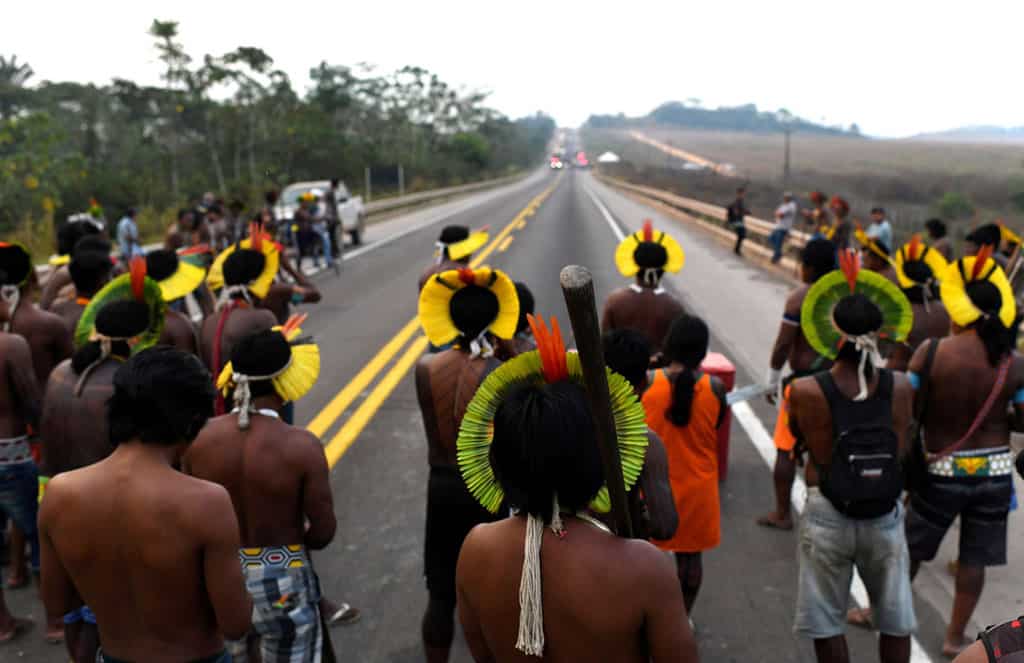Brazil land disputes intensify under President Bolsonaro, and involve more than 900,000 people.
By Lise Alves, Catholic News Service
lNSSAO PAULO (CNS) — Despite the COVID-19 pandemic, 2020 registered the highest number of land conflict incidents in Brazil since 1985, the Catholic-affiliated Pastoral Land Commission reported.
The commission said in a report released May 31 that the Brazil saw an average of more than four conflicts over land daily throughout the year.
The report tallied 1,576 conflicts, an increase of 25% from 2019 and 57.6% higher than in 2018. The disputes involved more than 80,000 families and 900,000 people.
The disputes were largely over land, water and labor, according to the commission.
“We note with concern that most of these conflicts took place in the Amazon (region), involving around 62% of cases and 60% of families (of the total),” Bishop José Ionilton Lisboa de Oliveira of Itacoatiara, Brazil, commission president, said during an online presentation of the report.
The commission said the data shows the conflicts disproportionately affecting indigenous communities in Brazil. Statistics show that 41.6% of all conflicts — and 56.5% of all families — involved indigenous people.

Kayapo indigenous people block a key Brazilian grain highway during a protest in Novo Brasil Aug. 18, 2020. The tribe said in a statement that the federal government has not consulted them on a plan to build a railway next to their land. (CNS photo/Lucas Landau, Reuters)
Brazil’s indigenous population totaled nearly 897,000 people, about 0.004% of the total population of 211 million people in 2010, the most recent year from which estimates are available, according to the Denmark-based International Work Group for Indigenous Affairs.
Bishop Oliveira said the conflicts affect the “quilombolas,” descendants of slaves; the “ribeirinho,” people who live along riverbeds; rubber tappers; and small family-farmers. Such conflicts are often overlooked by the media, including Catholic-based publications, he said.
“The (commission) publication has been the voice of people and families who are victims of violence in the countryside and has served to bring about solidarity, through actions, virtual complaints and in financial support, for their struggle for land, territory and water,” Bishop Oliveira said.
Resulting from a social structure that prioritizes development, Brazil’s land disputes began to escalate in 2016, as President Dilma Rousseff’s impeachment process started, and intensified during the last two years under President Jair Bolsonaro, according to the commission’s findings.
Featured image: Kayapo indigenous people block a key Brazilian grain highway during a protest in Novo Brasil Aug. 18, 2020. The tribe said in a statement that the federal government has not consulted them on a plan to build a railway next to their land. (CNS photo/Lucas Landau, Reuters)

